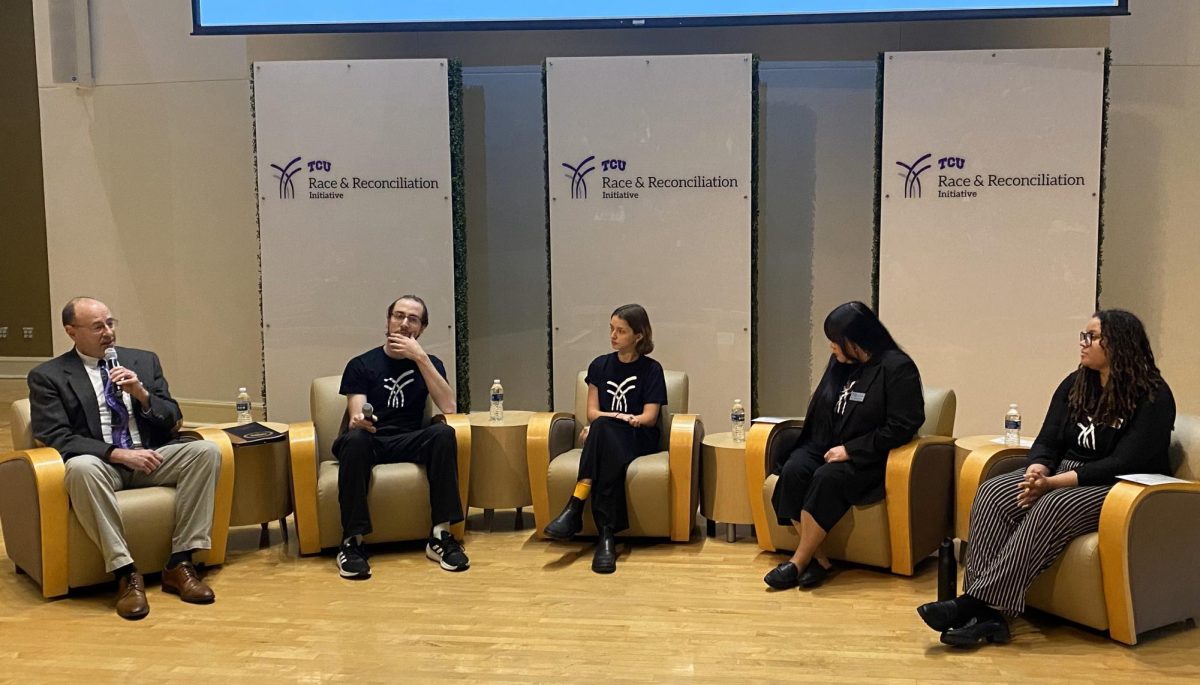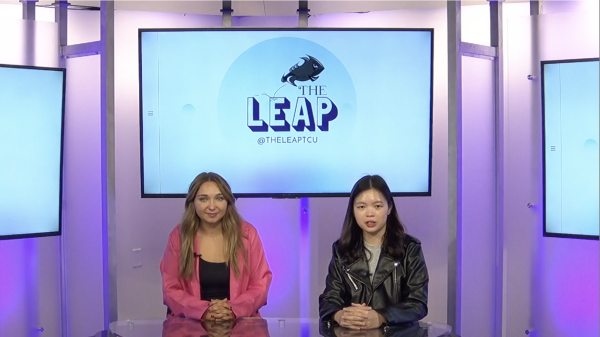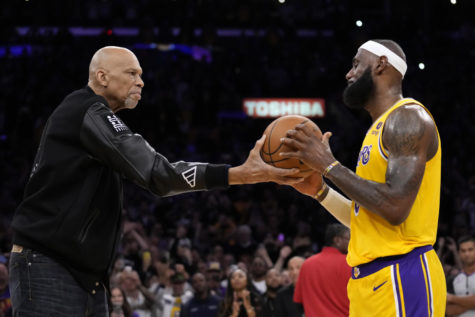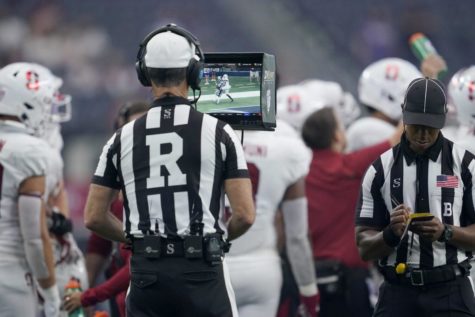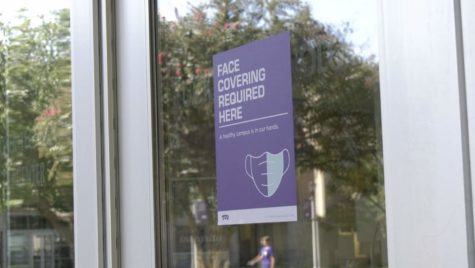American society holds a warped view of beauty
Published Apr 13, 2012
Beauty can be seen in many forms, shapes and appearances, but when we as a society think of beauty, what comes to mind? Beauty has become deceptive, a false advertisement that corrupts young minds.
Magazines, television and advertisements have given the impression that slimmer is better. I feel most women gather this “ideal image” in their heads, believing that being slim, caking on makeup, poking needles in their faces and spreading on anti-aging cream at age 13 are all necessary beauty trends.
What society has failed to realize is that this sort of beauty is not reality. Everyone can obtain a personally healthy weight, but this does not mean every individual will be slim. And not every individual will have smooth skin, pretty teeth, glowing eyes or radiant hair. But, because society struggles to accept those who do not look like models, the perception of beauty will continue to be distorted.
When I think of the relationship between beauty and the media it leads me to question whether we allow the media to construct our thoughts on beauty, or whether the media simply reflects how beauty is perceived.
Society notices people such as Heidi Klum, Beyoncé or Kim Kardashian, and they have become our ideal of beauty. When I asked sophomore Ashlee Gilmore how she felt about the perception of beauty she said, “the perception of beauty has become worse because people aren’t seeing beauty as personality characteristics. They are seeing it as a size two and people defining beauty by outside appearances, kind of like judging the book by its cover.”
Most people have yet to stop and realize the effect of this attitude on those who may not have an appearance that fits into the prevailing idea of beauty. The pressure of societal standards can lead to low self-esteem, lack of confidence, diseases such as anorexia and difficulty in setting positive and worthwhile priorities.
Nowadays, technology plays a major role in the way we look and has a huge effect on society. Technology perpetuates a distorted perception of beauty, contributing to lower levels of self-esteem by advertising false hope.
I asked psychology major Yvonne Igodan how she felt about society’s perception of beauty. “I feel like it has changed for the worse. The better technology gets, the worse our perception of beauty becomes,” she said. “They Photoshop the models so much — to the point they are no longer real humans. So kids looking up to them are like looking up to something that is nonexistent.”
Beauty has to do with more than just appearance, weight and social standing; it also includes what is on the inside. Attitude and personality help make the person.
I am not saying that you cannot look at outer appearance, but keep in mind the inner qualities of the individual as well. As Confucius said, “Everything has its beauty, but not everyone sees it.”
Veronica Jones is a sophomore strategic communication major from Dallas.


